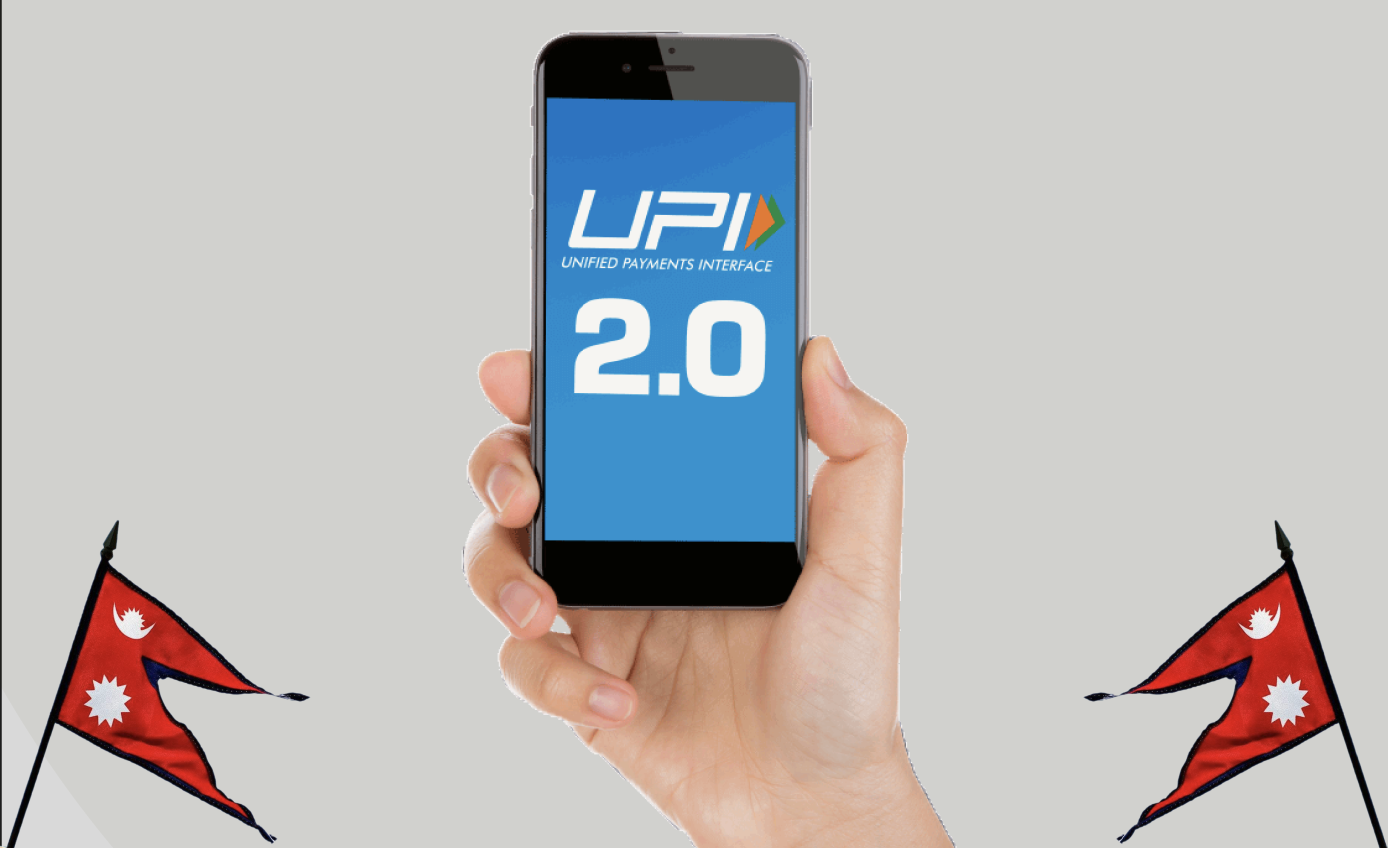Unified Payments Interface (UPI) in Nepal: A Convenient and Secure Way to Make Digital Payments
UPI, or Unified Payments Interface, is a digital payment system that allows customers to make instant and secure payments directly from their bank account. It is a common payment method in India and is gaining popularity in Nepal. With UPI, customers can make payments 24/7 without having to share their sensitive financial information with merchants. Additionally, UPI payments are usually free of charge for customers and do not require merchants to have a merchant account or payment gateway. Learn more about UPI and its benefits in Nepal.

UPI, or Unified Payments Interface, is a real-time payment system that allows customers to make payments to merchants and other individuals directly from their bank account. It is a common payment method in India, and is gaining popularity in other countries such as Nepal.
 To use UPI for payments in Nepal, customers must have a UPI-enabled bank account and a UPI app such as Google Pay or BHIM. They can then use the app to initiate a payment by entering the recipient's UPI ID or virtual payment address (VPA). The payment will be instantly debited from the customer's bank account and credited to the recipient's account.
To use UPI for payments in Nepal, customers must have a UPI-enabled bank account and a UPI app such as Google Pay or BHIM. They can then use the app to initiate a payment by entering the recipient's UPI ID or virtual payment address (VPA). The payment will be instantly debited from the customer's bank account and credited to the recipient's account.
UPI payments in Nepal are typically processed by the Nepal Interbank Payment System (NIPS), which is a national-level clearing house for interbank transactions. The NIPS is operated by the Nepal Clearing House Limited (NCHL), which is a joint venture between the Nepal Rastra Bank (NRB) and the Nepal Bankers' Association (NBA).
UPI payments offer several benefits compared to traditional payment methods, such as convenience, speed, and security. They can be made 24/7, and do not require customers to share their sensitive financial information with merchants. Additionally, UPI payments are usually free of charge for customers, and do not require merchants to have a merchant account or payment gateway.
Some additional information about UPI and how it works in Nepal:
- UPI is a digital payment system that allows customers to make instant, secure, and cashless payments to merchants and other individuals directly from their bank account.
- To use UPI, customers must have a UPI-enabled bank account and a UPI app such as Google Pay or BHIM. They can then initiate a payment by entering the recipient's UPI ID or virtual payment address (VPA) into the app.
- The payment will be instantly debited from the customer's bank account and credited to the recipient's account. The transaction details will be recorded on the UPI network, which is managed by the National Payments Corporation of India (NPCI).
- In Nepal, UPI payments are typically processed by the Nepal Interbank Payment System (NIPS), which is a national-level clearing house for interbank transactions. The NIPS is operated by the Nepal Clearing House Limited (NCHL), a joint venture between the Nepal Rastra Bank (NRB) and the Nepal Bankers' Association (NBA).
- UPI offers several benefits compared to traditional payment methods, such as convenience, speed, and security. It allows customers to make payments 24/7, without having to share their sensitive financial information with merchants. It is also usually free of charge for customers, and does not require merchants to have
Here are some of the major technical terms used in UPI in Nepal and their meanings:
Unified Payments Interface (UPI): UPI is a real-time payment system that allows customers to make payments to merchants and other individuals directly from their bank account. It is a common payment method in India and Nepal.
Virtual Payment Address (VPA): A VPA is a unique identifier that is used to receive payments through UPI. It consists of a combination of the customer's name and a unique suffix, such as john.doe@icici. Customers can share their VPA with merchants and other individuals to receive payments through UPI.
UPI ID: A UPI ID is an alternate term for a VPA. It is used interchangeably with VPA in some contexts.
UPI app: A UPI app is a mobile application that allows customers to access and use UPI services.
National Payments Corporation of India (NPCI): The NPCI is the organization that manages the UPI network in India. It is responsible for setting standards and guidelines for UPI, and for providing technical support to banks and other stakeholders.
Nepal Interbank Payment System (NIPS): The NIPS is a national-level clearing house for interbank transactions in Nepal. It is operated by the Nepal Clearing House Limited (NCHL), a joint venture between the Nepal Rastra Bank (NRB) and the Nepal Bankers' Association (NBA).
Nepal Clearing House Limited (NCHL): The NCHL is a joint venture between the NRB and the NBA. It is responsible for operating the NIPS, which processes UPI payments in Nepal.
Nepal Rastra Bank (NRB): The NRB is the central bank of Nepal. It is responsible for regulating the country's banking and financial sector, and for implementing monetary policies
The adoption of UPI in Nepal is likely to have several benefits for the Nepalese economy. It can help to promote financial inclusion, as it allows customers to make payments without the need for a bank account or credit card. It can also improve the efficiency of the payment system, as it allows instant and secure payments. Additionally, it can help to reduce the use of cash, which can lead to cost savings for banks and other financial institutions. Overall, the adoption of UPI in Nepal is likely to have a positive impact on the Nepalese economy.
